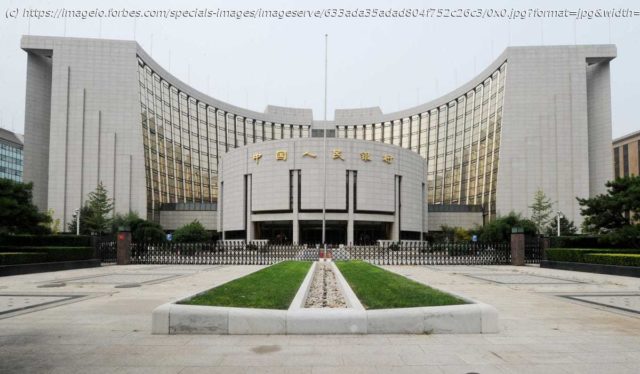How long will Beijing deny that it has a major financial and economic crisis on its hands?
China’s financial crises is getting worse. In this latest phase, Chinese banks, anticipating huge loan losses, have taken dramatic steps to enhance their loan loss reserves, tapping China’s bond markets for some 30 percent more funds than they did last year. The banks’ problems are hardly a surprise. They are in fact just another step in the metastasizing crisis that began over a year ago when the huge property developer, Evergrande, announced that it could no longer support some $300 billion in liabilities. Back then, Beijing clearly failed to comprehend what was going to happen and refused to act promptly or completely enough to stop the spreading series of failures that has since characterized Chinese finance. These failures and the crisis generally will continue to spread until Beijing acts more decisively.
What China is experiencing is a text-book illustration of how a financial crisis unfolds. Failures in one place led to failures elsewhere and the associated fears and lack of confidence make they system unable to function effectively or support economic growth at all.
The spread of trouble began the moment Evergrande announced its failure. Immediately, any firm or financial institution that counted on Evergrande’s ability to fulfil its obligations became vulnerable to loss. And, in the nature of finance, all those who counted on these others also immediately became vulnerable. It mattered not that the vulnerability was direct to Evergrande or secondary or even tertiary, all lenders and potential business partners had questions about the viability of everyone else, questions that become still more intense as other developers followed Evergrande with similar announcements.
This suspicion about others spread still further to Chinese mortgage lenders when Chinese borrowers, worried that these developers would never complete the contracted projects, threated to stop paying on their mortgages.






